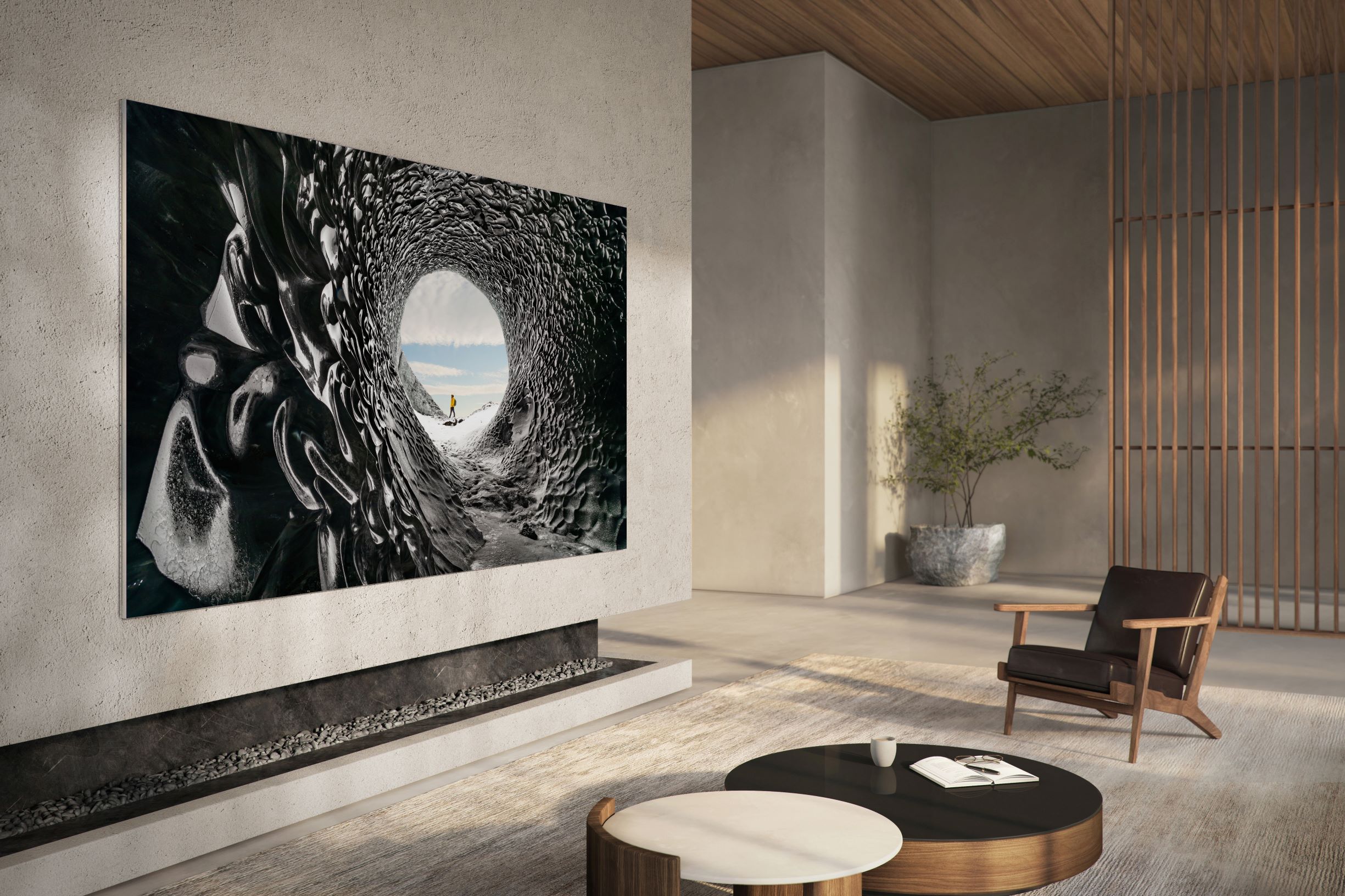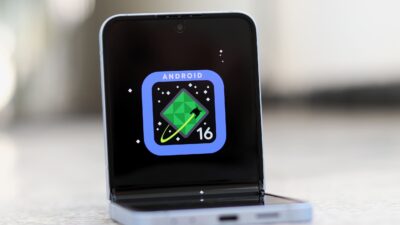
Samsung completely revamped its custom Android skin with One UI. Introduced with Android 9 Pie in 2018, One UI was meant to fundamentally change the way we interact with the company's mobile devices. Samsung developed One UI from the ground up for devices that have large displays. It wanted to make one-handed usage easier than it had ever been before.
The user interface was updated with a sleek and modern look. It was colorful and bright but without being overbearing, a balance that can often be difficult to strike. Samsung has continued to make improvements to this winning formula. We are now on the third iteration – One UI 3.x – and Samsung's Android skin has never looked as beautiful as it does now.
Smartphones and tablets aren't the only products that Samsung makes. There are many other products that could benefit from the One UI treatment. The company's smart TVs are a perfect example. Even the Family Hub fridge, which is basically a fridge with a giant tablet attached to the door, would be a good fit.
Samsung is the world's top TV vendor. It sells tens of millions of units across the globe. Many of those customers are already a part of its ecosystem. They use Galaxy devices and utilize the many features that make up this ecosystem. Would it not be great there was consistency in the UI across these devices?
Consistency remains one of the best ways to keep customers loyal to your brand. Consistency is key, after all. There can be no better way to make customers feel that they're firmly entrenched in the ecosystem. Their connection to the brand would likely become stronger as well. It's basic human nature. A similar user interface would evoke emotions of simplicity and familiarity. This may limit the reasons why they might think about switching brands.
Granted, there are platform differences to consider here. A TV isn't meant to do what a smartphone does. However, with Samsung essentially making TVs a centerpiece of its smart home ecosystem, and smartphones being a vital part of it, there's a case to be made here for more consistency.
At the end of the day, brand loyalty is what really matters. Successful companies leave no stone unturned in ensuring that once they win over a new customer, they never leave. Samsung has been quite successful in doing that for its mobile devices. Even though there are a lot of great options from other Android manufacturers, most people who switch to a Galaxy device tend to stay with the brand in the future.
That's all the more reason to leverage that sentiment and basically build a moat around the customer base. Samsung should strive to nurture the connection that customers feel with its brand. The more everything feels familiar and the more at home they feel with its products, the greater the chance of them sticking with Samsung products in the long term. Why shouldn't that be the ultimate goal?


















